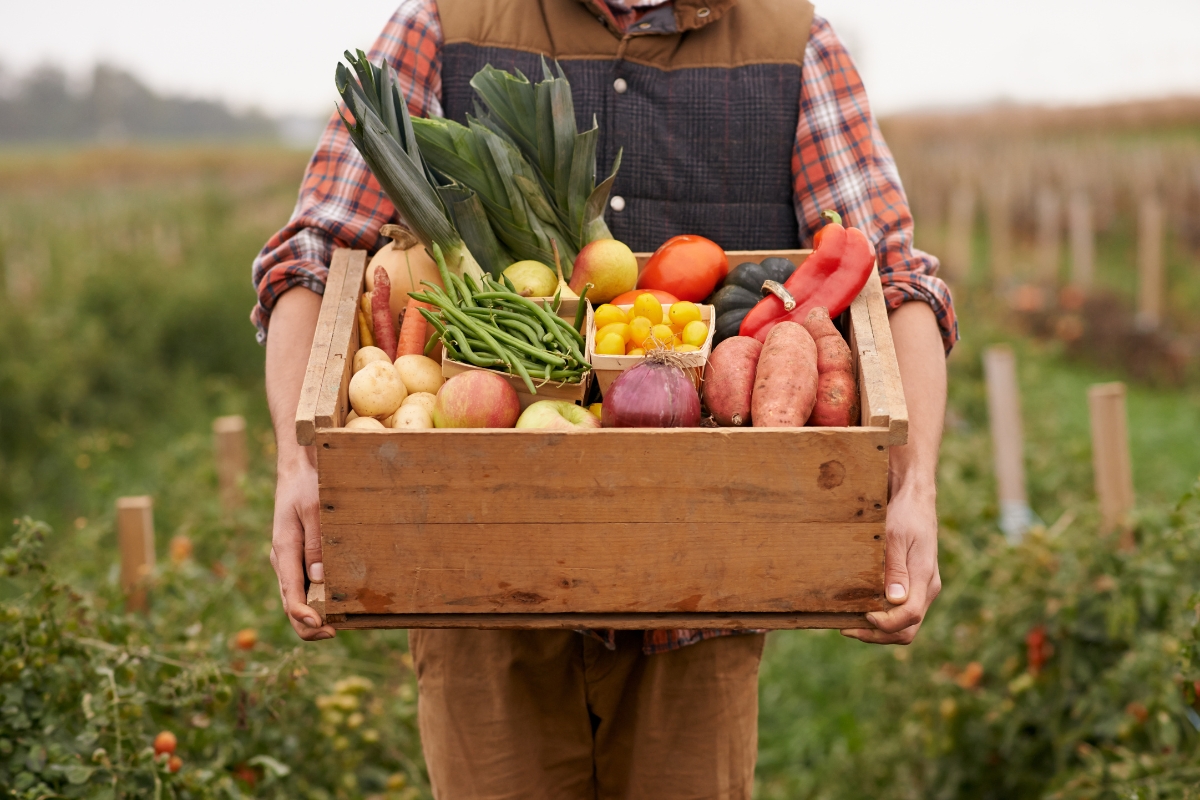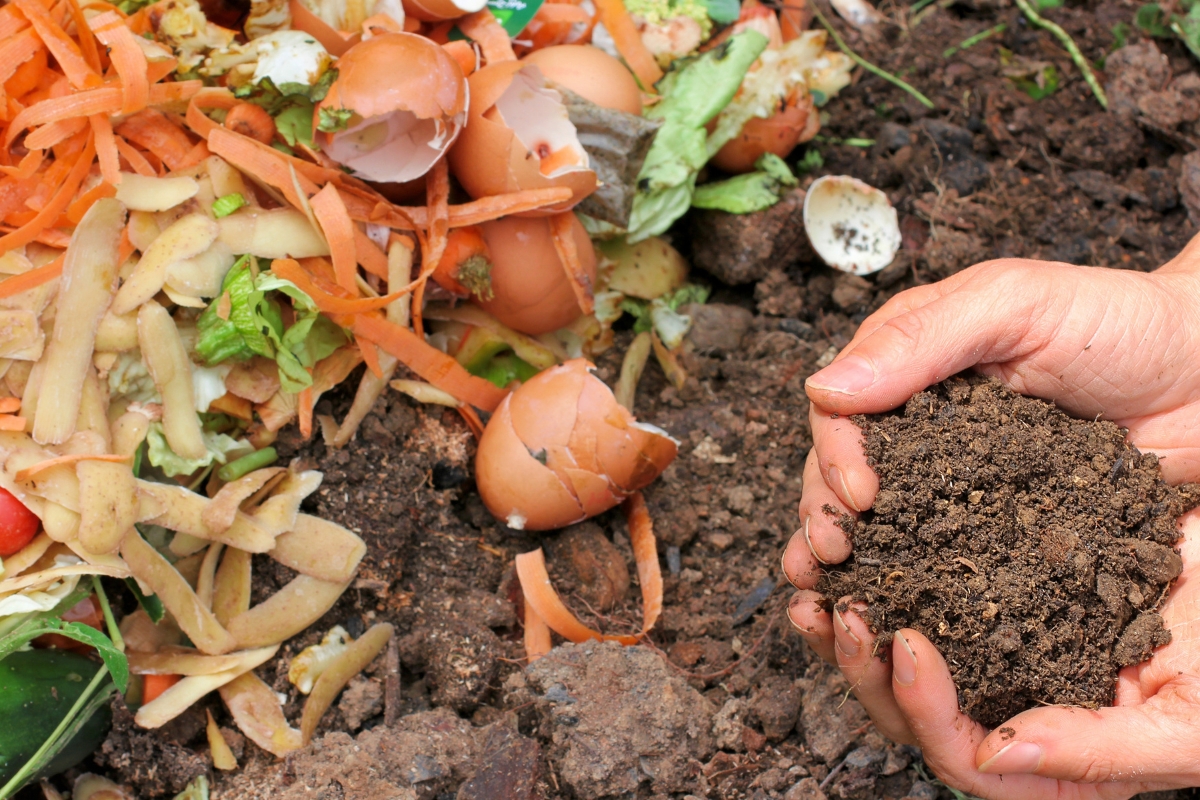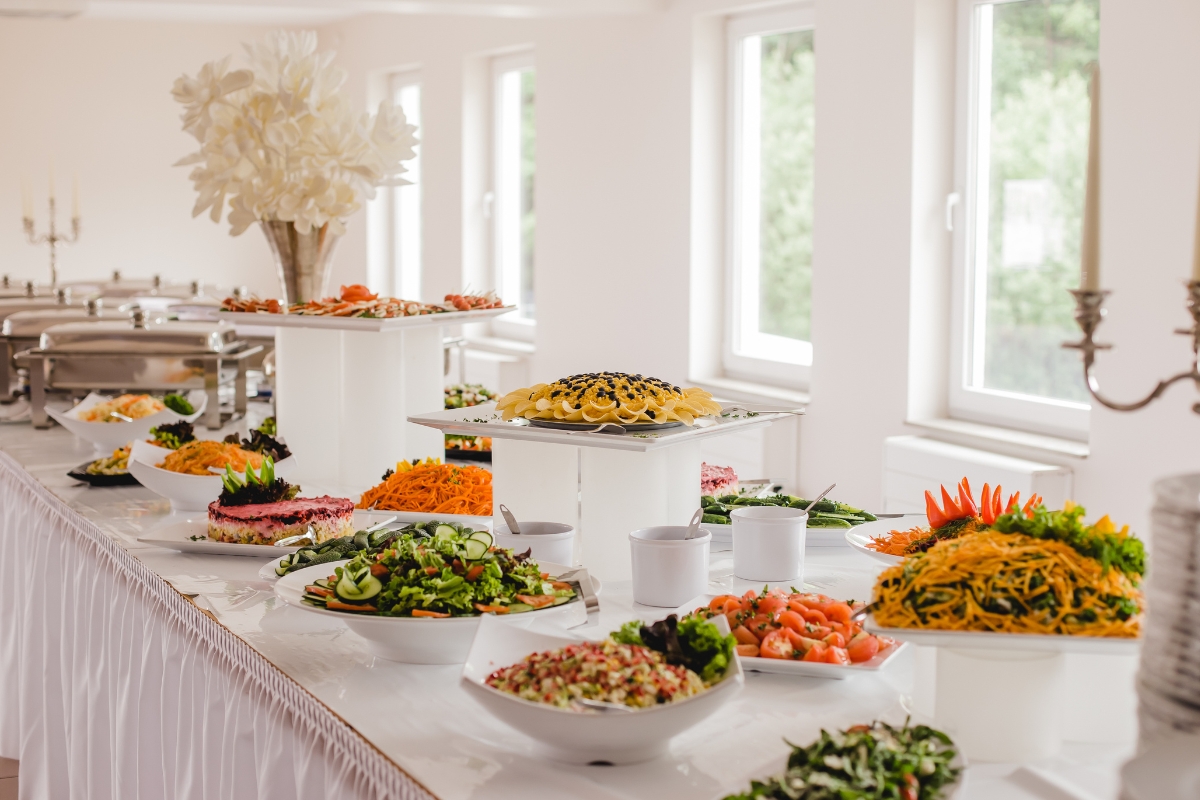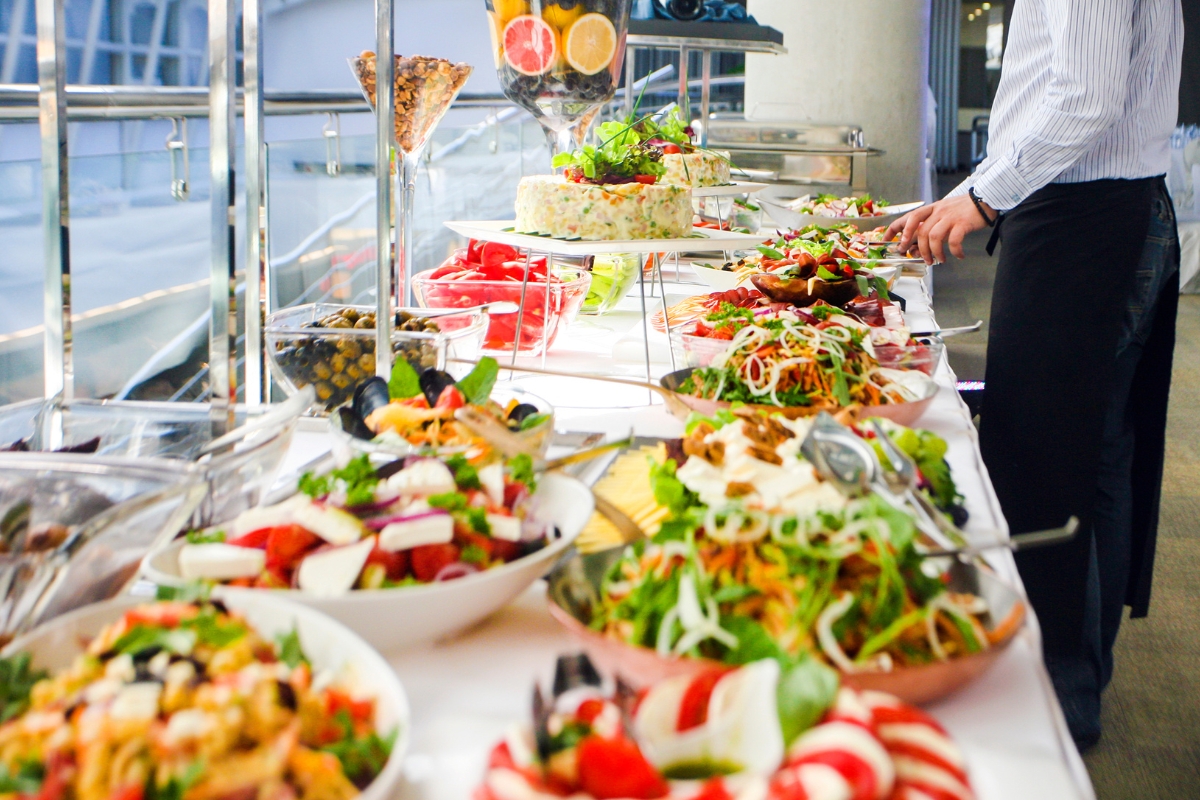As the demand for environmentally friendly practices grows, event planning is shifting toward more sustainable and eco-conscious solutions—catering included. Eco-conscious catering focuses on reducing waste, sourcing locally, and using organic, sustainable ingredients to create a delicious, guilt-free feast that aligns with the values of today’s eco-minded hosts and guests.
Whether you’re planning a wedding, corporate event, or family gathering, incorporating sustainable catering ideas can make a significant impact on the environment while still delivering a memorable dining experience for environmentally conscious consumers. In this guide, we’ll explore creative and practical eco-conscious catering ideas for every event, from plant-based menus to zero-waste practices. Discover how to host a feast that not only delights your guests but also contributes to a healthier planet.
From Farm to Fork: How Can Your Events Go Green and Delicious?
The Rise of Eco-Conscious Catering: A Paradigm Shift in Event Dining

Eco-conscious catering has rapidly gained momentum as consumers become increasingly mindful of their environmental impact. This shift goes beyond simply opting for organic ingredients; it encompasses a holistic approach to sustainability in the culinary world.
One key driver behind this trend is the desire to reduce carbon footprints and support local economies by sourcing ingredients from nearby farms and producers. This local sourcing cuts down on transportation emissions, helps smaller farms thrive, and ensures fresher, in-season produce for diners.
Beyond ingredient sourcing, eco-conscious caterers are also tackling food waste head-on. Creative menu planning helps minimize excess, while composting and redistributing leftovers to food banks or charities are common practices aimed at reducing the environmental burden. Biodegradable or reusable packaging has replaced traditional single-use plastics, further lowering the waste produced by catering events.
Moreover, eco-conscious catering isn’t just about environmental benefits. It offers a distinctive dining experience for event-goers, where each meal tells a story of mindful choices and responsible practices. Guests feel more connected to their food, knowing that what they’re consuming is both delicious and part of a broader movement towards environmental stewardship.
As this trend continues, caterers and event organizers are increasingly working hand-in-hand to incorporate eco-friendly principles, making sustainability a key feature of modern event dining rather than a secondary consideration. This alignment with environmental consciousness not only elevates the dining experience but also enhances the reputation of businesses prioritizing responsible choices.
Farm-to-Table Delights: Embracing Locally-Sourced Ingredients

Farm-to-table catering is an integral aspect of eco-conscious dining, emphasizing the importance of locally-sourced ingredients. By choosing to work with local farmers, suppliers, and artisans, eco-conscious caterers can provide fresher, more flavorful dishes that not only delight the palate but also contribute to the sustainability of the local food economy.
These partnerships significantly reduce the carbon footprint associated with transporting food long distances, which is a critical factor in mitigating environmental impact.
Moreover, locally-sourced ingredients reflect the region’s seasonal offerings, allowing caterers to craft menus that evolve throughout the year.
This approach not only guarantees peak freshness but also offers a unique dining experience where guests can savor dishes made from ingredients that are truly in season. For instance, farm-fresh heirloom tomatoes in the summer or locally-harvested root vegetables in the winter can provide an authentic and flavorful dining experience that celebrates the region’s agricultural bounty.
The farm-to-table philosophy also fosters a stronger sense of community. By directly supporting local farmers, eco-conscious caterers help sustain small businesses and strengthen the relationship between consumers and food producers.
This connection deepens the dining experience, as every meal becomes a testament to local craftsmanship, environmental responsibility, and the importance of knowing where our food comes from.
Zero-Waste Practices: Redefining Food Presentation and Disposal

Zero-waste catering practices are revolutionizing the way events approach both food presentation and disposal. Eco-conscious caterers are moving away from the wasteful habits of the past, where single-use plastics and large quantities of food waste were common. Instead, they are embracing sustainable, zero-waste strategies that prioritize environmental responsibility at every stage of the event.
One key shift is the use of sustainable materials for serving food. Reusable or compostable serveware, utensils, and even napkins are now replacing disposable plastic items, drastically reducing the amount of non-biodegradable waste produced during an event. By sourcing materials that can be easily composted or reused, caterers are minimizing their ecological footprint while also setting an example for attendees.
Food waste management is another significant aspect of zero-waste practices. Eco-conscious caterers focus on careful portion control, ensuring that servings are right-sized to reduce leftovers. They also employ innovative strategies such as repurposing excess ingredients into new dishes, or donating uneaten food to local shelters.
This not only curtails waste but also fosters a more responsible approach to food consumption. By adopting these zero-waste practices, caterers help raise awareness and encourage guests to adopt more sustainable behaviors, both in and out of the event space.
Sustainable Seafood Options: Navigating Ocean-Friendly Menu Choices

Sustainable seafood is gaining traction as more caterers and consumers recognize the importance of preserving marine ecosystems. Eco-conscious caterers now focus on sourcing seafood that has been caught or farmed in a way that minimizes environmental impact, adhering to guidelines from organizations like the Marine Stewardship Council (MSC) and Monterey Bay Aquarium’s Seafood Watch.
These programs provide certifications and recommendations for seafood options that are harvested responsibly, ensuring that fish populations are maintained and that harmful fishing methods, such as bottom trawling, are avoided.
Sustainable seafood is not only an ethical choice but also often results in higher-quality, fresher dishes. By selecting fish from well-managed sources, caterers can offer premium seafood dishes that promote healthier oceans.
The benefits of these options extend beyond the environmental impact—they also support local fishing communities that practice sustainable methods. Whether you’re enjoying a grilled wild-caught salmon or responsibly farmed shrimp, sustainable seafood choices are better for the planet and offer peace of mind that each bite contributes to long-term conservation efforts.
Moreover, the demand for eco-friendly seafood encourages more fisheries and aquaculture farms to adopt sustainable practices. This creates a positive ripple effect, promoting a global shift toward more responsible seafood consumption.
Vegan and Plant-Based Offerings: Elevating Green Dining Experiences

Vegan and plant-based offerings have become essential in eco-conscious catering, not only as a response to dietary preferences but as a central feature of sustainable dining. These dishes, crafted from locally sourced fruits, vegetables, grains, and legumes, reflect a commitment to reducing the carbon footprint of meals while also showcasing the culinary possibilities of plant-based ingredients. Caterers are now elevating these green options to new heights by designing creative and gourmet dishes that appeal to both vegans and non-vegans alike.
For instance, vegan cuisine has evolved from simple salads and sides to more sophisticated offerings like mushroom-based stroganoff, jackfruit tacos, and beetroot tartare. These dishes emphasize flavor, texture, and presentation, proving that plant-based meals can be just as satisfying and indulgent as traditional meat-based options. Additionally, ingredients like lentils, tofu, and chickpeas provide protein-rich alternatives that not only fulfill dietary needs but also align with eco-friendly goals by lowering resource use.
The shift toward plant-based catering also has broader environmental implications. Livestock farming is one of the largest contributors to greenhouse gas emissions, deforestation, and water consumption. By incorporating more plant-based options, caterers can reduce the overall environmental impact of their menus, promoting sustainability while delivering fresh, flavorful dishes.
Compostable Serveware and Utensils: Stylish Alternatives to Plastic

Compostable serveware and utensils offer an eco-friendly alternative to traditional plastic products, which are notorious for their contribution to environmental pollution. By opting for biodegradable materials such as bamboo, sugarcane bagasse, or cornstarch-based bioplastics, caterers can significantly reduce the ecological footprint of their events without compromising on style or quality.
These eco-conscious alternatives are not only functional but also aesthetically pleasing, adding a natural, rustic touch to event presentations. Bamboo, for instance, has a sleek and minimalist look, perfect for both casual and upscale gatherings. Sugarcane bagasse, a byproduct of the sugar industry, provides a sturdy and heat-resistant option for serving hot foods while decomposing quickly after disposal.
In addition to their environmental benefits, compostable serveware helps reinforce an event’s sustainability narrative. Guests are increasingly appreciative of visible efforts to reduce waste, and using compostable products can elevate an event’s appeal.
By choosing compostable utensils and plates, event organizers and caterers support a circular waste economy where disposable items are turned into valuable compost, contributing to greener future practices. This holistic approach to sustainability ensures that no aspect of the event, down to the utensils, is overlooked.
Eco-Friendly Beverage Selections: From Organic Wines to Fair Trade Coffees

Eco-friendly beverage selections are becoming an essential part of sustainable catering. Offering organic wines, locally-brewed craft beers, and fair trade coffees allows event organizers to make conscious choices that benefit both the planet and their guests.
Organic wines, produced without synthetic chemicals, help reduce the environmental impact of viticulture by supporting healthier soil and ecosystems. These wines are often crafted by vineyards committed to biodiversity and eco-friendly farming techniques, making them a more sustainable option.
Locally-brewed craft beers are another eco-conscious choice, as they minimize carbon emissions associated with transportation. Supporting local breweries also bolsters the local economy while offering guests unique, region-specific flavors. Many craft breweries prioritize sustainability by sourcing local ingredients and employing eco-friendly brewing methods.
Fair trade coffee ensures that farmers receive fair compensation for their labor while promoting sustainable agriculture. Many fair trade coffees are grown using shade-grown or organic methods, which help preserve biodiversity and reduce deforestation.
Offering these eco-friendly beverages not only enhances the sustainability of your event but also provides guests with high-quality, ethically sourced options that align with their growing interest in responsible consumption. From organic wine tastings to locally-brewed beer pairings, these selections elevate the event experience while supporting green initiatives.
Carbon Footprint Considerations: Calculating and Offsetting Event Emissions

Carbon footprint considerations have become a pivotal part of planning eco-conscious events, with caterers increasingly looking for ways to minimize and offset emissions. When calculating the carbon footprint of an event, factors like transportation for food and supplies, the energy used during food preparation, and waste generated from packaging and disposal are all critical elements to consider. Eco-conscious caterers work to quantify these emissions to ensure they understand their environmental impact.
To address and offset their carbon output, many caterers invest in sustainable initiatives like reforestation, renewable energy projects, or carbon capture technologies. For example, some caterers may source local and seasonal ingredients to reduce transportation-related emissions. Others might incorporate energy-efficient cooking equipment or use compostable materials to cut down on waste.
Moreover, caterers can offer clients the option to sponsor or contribute to carbon offset projects directly linked to the event’s emissions. These offsets help balance the environmental costs by supporting global efforts to reduce greenhouse gases. By actively taking steps to mitigate their carbon footprint, eco-conscious caterers not only promote sustainability but also inspire a broader cultural shift toward environmentally responsible event planning. This approach appeals to increasingly eco-aware clients and guests who value green practices.
Tips for Planning a Zero-Waste Event: Strategies for Minimizing Environmental Impact

If you’re inspired to host a zero-waste event, here are some tips to help you minimize your environmental impact:
- Choose a Locally-Sourced, Seasonal Menu: Work with your caterer to design a menu that highlights ingredients sourced from local farms and markets. Seasonal, locally-grown produce not only ensures freshness but also cuts down on the carbon footprint associated with transporting food over long distances. This also allows you to support local businesses and farmers.
- Communicate Sustainability Goals with Vendors: Make sure all your vendors, especially the caterers, know your goals for a zero-waste event. Ask about their sustainable practices, such as using reusable or compostable serveware and minimizing food waste. Encourage them to follow eco-friendly practices that align with your vision.
- Ditch Single-Use Plastics: Replace disposable items with compostable serveware and utensils made from materials like bamboo or biodegradable plastics. This simple switch helps minimize waste and ensures that all items used can either be composted or recycled, significantly reducing your event’s environmental footprint.
- Offer Water Stations Instead of Bottled Water: Eliminate plastic waste by setting up water stations where guests can refill reusable bottles. Encourage attendees to bring their own bottles, or provide eco-friendly alternatives to ensure hydration without the plastic.
- Donate Excess Food: Partner with local food banks or shelters to donate any surplus food from the event. Instead of throwing away leftovers, this thoughtful gesture reduces food waste and supports communities in need, while ensuring no prepared food goes to waste.
By following these steps, you can host a successful event that prioritizes sustainability and minimizes environmental impact.
Conclusion: Hosting Memorable Events That Feed Both Body and Planet
Eco-conscious catering is not just a passing trend; it’s a movement towards hosting events that prioritize sustainability without compromising on taste or style. For a truly eco-conscious event that combines sustainability with delicious cuisine, choose A Delightful Bitefull Catering. Our team is dedicated to creating memorable catering events with a focus on fresh, sustainable ingredients that everyone will enjoy.
Whether it’s a small gathering or a large celebration, we’ll tailor our offerings to meet your needs while keeping the environment in mind. Contact us at (770) 565-4146 or reach us through our online form to start planning your sustainable event today, and let us help you create a feast that’s both delightful and earth-friendly!





